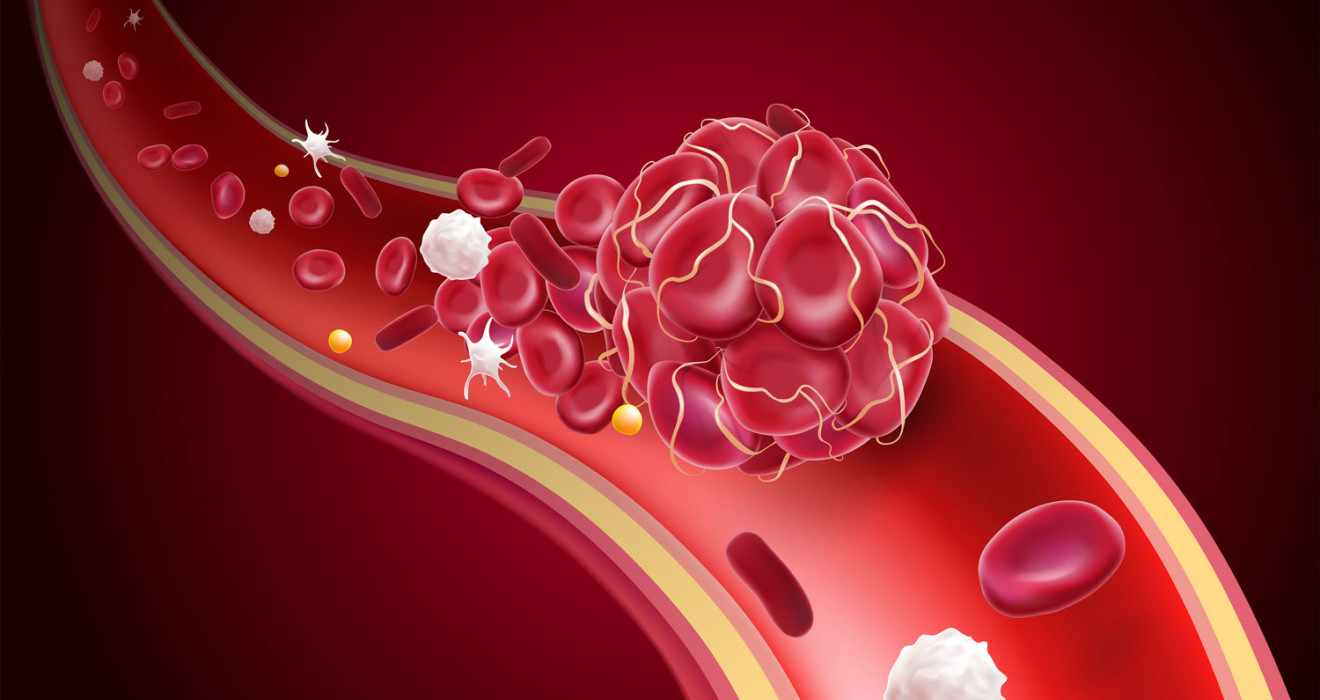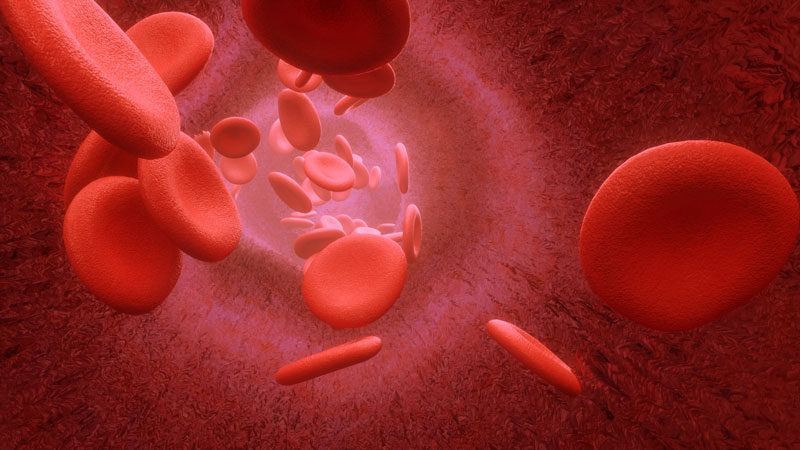
Atherosclerosis
Atherosclerosis is one of the most common cardiovascular diseases. It is more common, especially in individuals over 40-45; if left untreated, it can lead to incurable results. Therefore, action should be taken for treatment without wasting time.
What is Atherosclerosis?
The question of what is atherosclerosis can be answered as "a disease caused by the accumulation of thickenings known as plaques on the inner wall of the arteries". These plaques restrict blood flow to the arteries, increasing the risk of heart attack, stroke or heart disease.
What are the Causes of Atherosclerosis?
The main factors that cause arteriosclerosis are as follows:
- High cholesterol
- High blood pressure
- Smoking
- Obesity
- Diabetes
- Family history
These factors cause the accumulation of fat and cholesterol on the walls of the arteries, leading to the formation of plaques.
What are the Atherosclerosis Symptoms?
In the early stages of it, there are usually no signs or symptoms. However, in the later stages, the narrowing and hardening of the arteries restrict blood flow, causing some symptoms to occur. The arteriosclerosis symptoms are as follows:
- Chest pain
- Dizziness
- Shortness of breath
- Palpitations
- Pain in the legs and difficulty walking
- Fatigue
How Is It Diagnosed?
It can be diagnosed using several medical tests. These tests include blood, cholesterol level measurements, electrocardiogram (ECG), coronary angiography, doppler ultrasonography (ECHO) and computed tomography (CT) scans. These tests reveal problems with it, such as narrowing or blockage of arteries, plaque buildup, and reductions in blood flow.
Which Diseases Does Atherosclerosis Cause?
It causes restriction of blood flow. Restriction of blood flow can also cause the following diseases:
- Atherosclerosis in the heart vessels can lead to coronary artery disease, heart attack, and heart failure in the later stages.
- It can also cause an aneurysm.
- Atherosclerosis in the leg or arm can cause coldness in the leg or arm, discolouration, gait disturbance, pain, foot or hand wounds, tissue loss and gangrene.
- Atherosclerosis in the carotid artery can cause transient ischemic attack (TIA) and stroke (CVO) due to carotid artery stenosis and occlusion.
What Are The Risk Factors That Cause Arteriosclerosis?
The risk factors that cause atherosclerosis are as follows:
- High cholesterol levels
- Obesity
- High blood pressure
- Age
- Smoking
- Physical inactivity
- Family history
- Diabetes
How Is Atherosclerosis Treated?
Atherosclerosis treatment varies depending on the severity of the disease and the severity of the symptoms. Treatment methods are as follows:
- Lifestyle changes: A healthy diet, regular exercise, quitting smoking, avoiding stress and losing weight are among the lifestyle changes.
- Medicines: Cholesterol-lowering drugs, blood pressure-lowering drugs, drugs that prevent blood clotting and other medications that help reduce the risk of heart disease can be used.
- Intervention: Interventional treatment is required when medication and lifestyle changes are ineffective or it is severe.
Frequently Asked Questions
-
It is a disease that poses a risk to everyone. However, people who smoke, have high blood pressure, have high cholesterol levels, have obesity or other health problems such as diabetes, and have a family history of cardiovascular disease are at higher risk of developing the disease.
-
It is possible to prevent arteriosclerosis. You can prevent the development of it by adopting a healthy lifestyle, controlling risk factors and having regular medical check-ups.
-
It is a severe disease. It can cause heart attack, stroke and other serious complications.
-
Stress can cause health problems such as it. Therefore, managing stress is extremely important.
-
You can refer to cardiology for the diagnosis of it.
-
Cholesterol is among the most critical risk factors for arteriosclerosis because high cholesterol levels can cause plaque accumulation in the arteries and lead to it.


